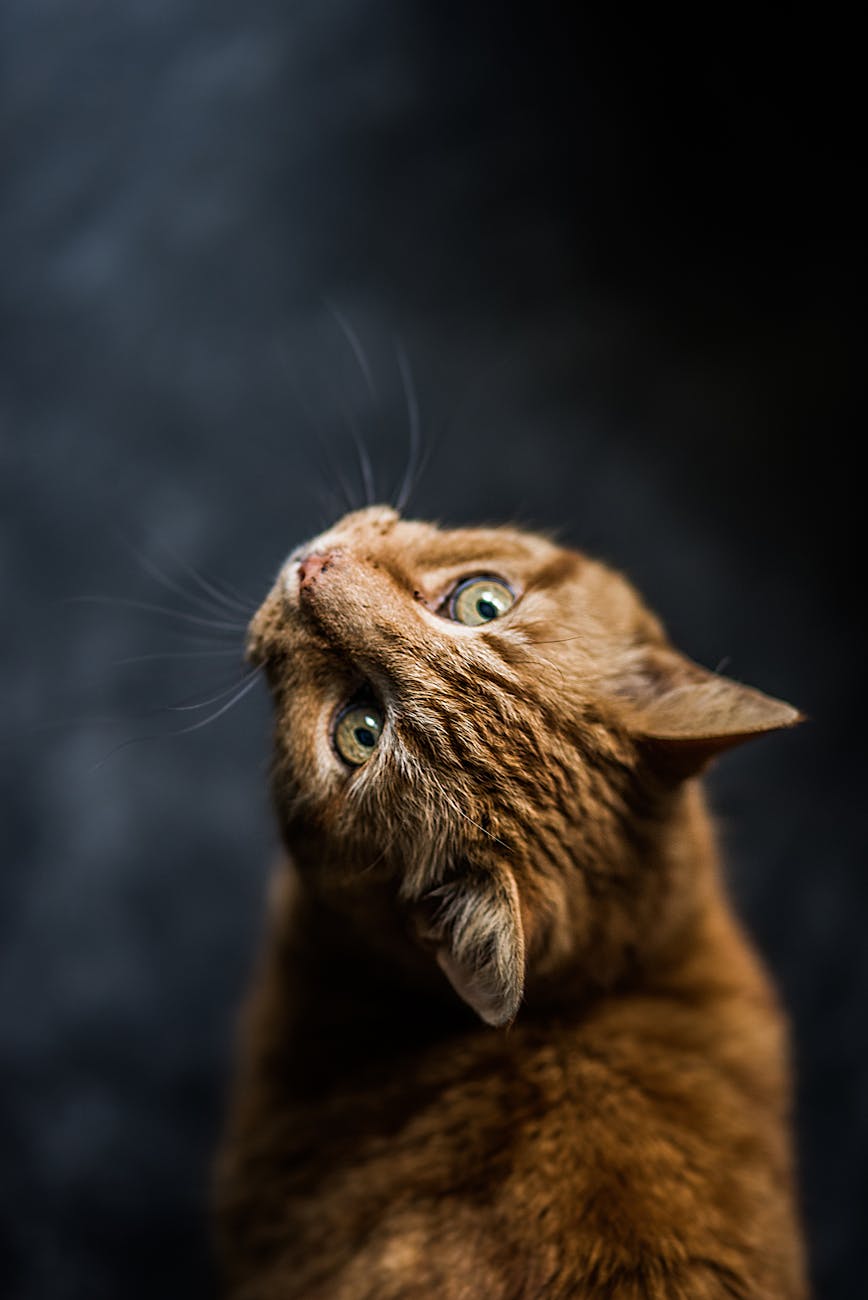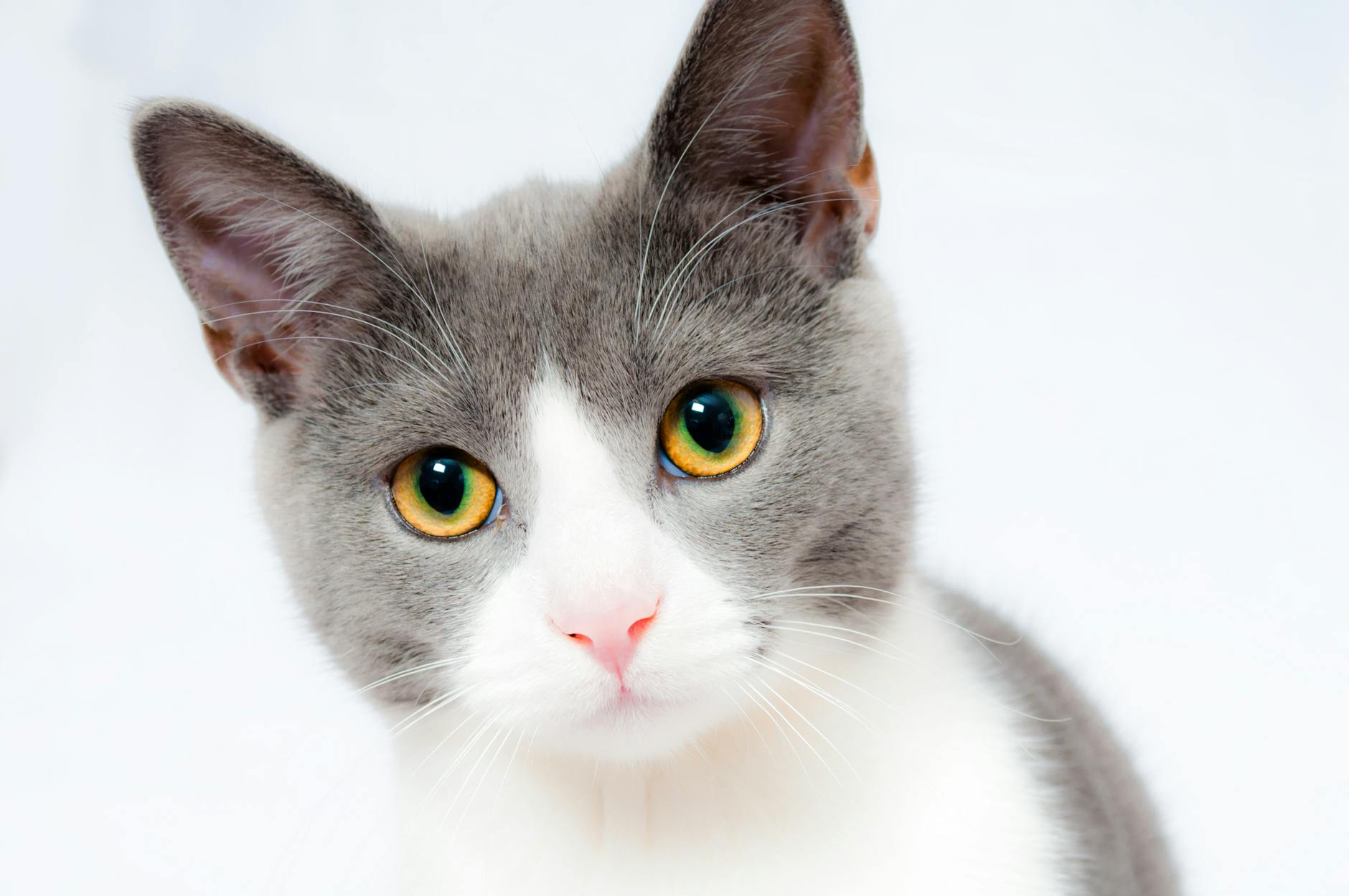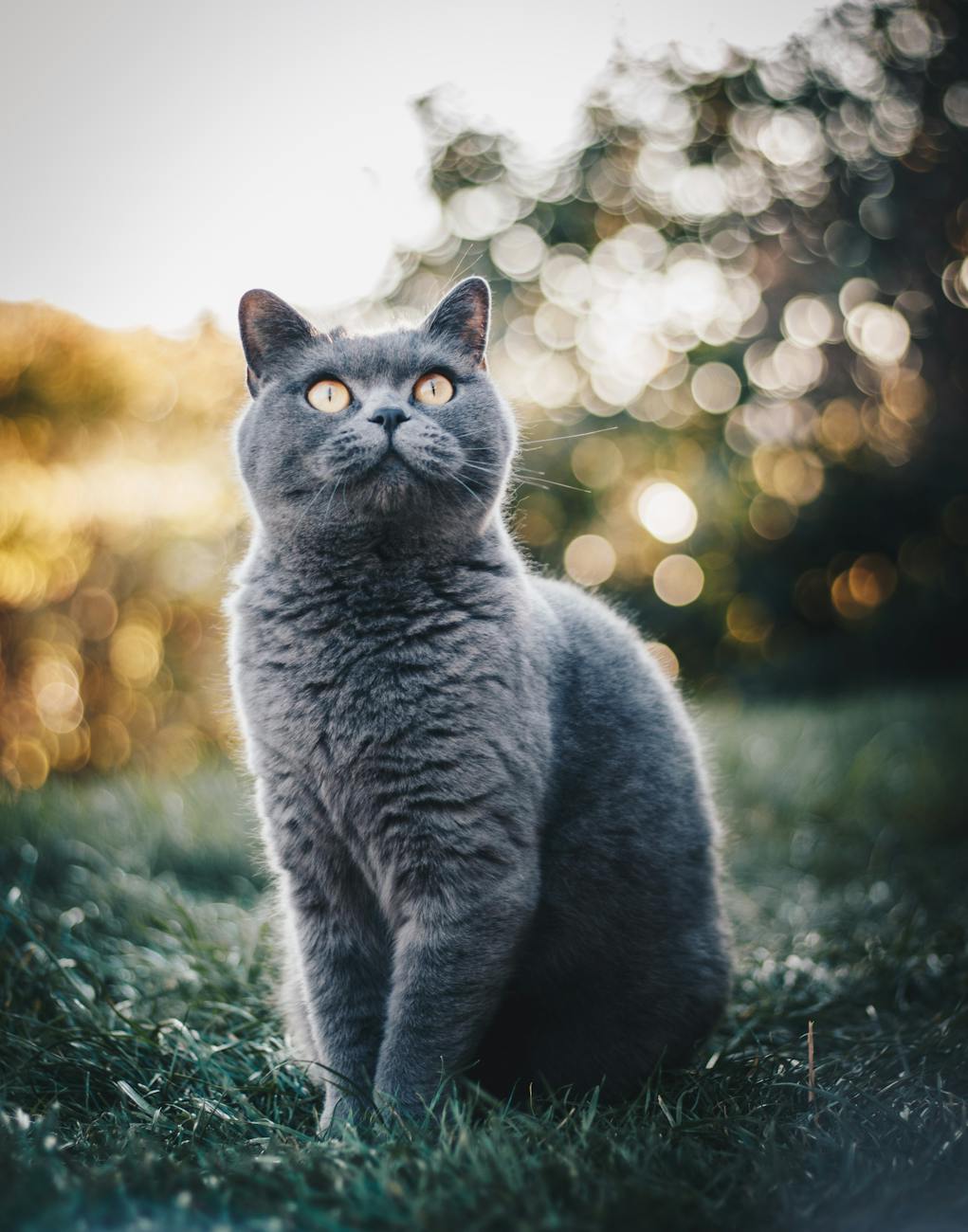Heart murmurs in cats can indicate an underlying health issue, making it crucial for pet owners to understand this condition. These abnormal heart sounds arise from turbulent blood flow and may signal various cardiovascular problems. By recognizing common causes, symptoms, and potential risks associated with a heart murmur in cats, you can take proactive steps to safeguard your feline friend’s wellbeing. In this article, we will explore key aspects of heart murmurs, including diagnosis, treatment options, and preventive measures, ensuring that you are well-equipped to support your cat’s heart health.
What is a Heart Murmur in Cats?
A heart murmur in cats is an abnormal sound produced by turbulent blood flow within the heart. This condition can be identified during a routine veterinary examination when the vet uses a stethoscope to listen to your cat’s heart. Rather than exhibiting a regular "thump-thump," a murmuring sound indicates irregularities.
Key Points about Heart Murmurs:
Nature: Heart murmurs can vary in intensity and duration and may be classified into two main types:
- Systolic Murmurs: Occur during the heart’s contraction.
- Diastolic Murmurs: Happen when the heart relaxes between beats.
Causes: Causes can range from a simple physiological phenomenon in healthy cats to complex heart diseases.
Signs: While many cats with murmurs show no signs of illness, some may develop symptoms like lethargy, difficulty breathing, or coughing.
Understanding the basics of a heart murmur in cats helps pet owners recognize its importance, prompting them to seek veterinary evaluation and necessary interventions.

Common Causes of Heart Murmurs in Cats
Understanding the heart murmur in cats begins with recognizing its potential causes. A heart murmur occurs when the blood flow in a cat’s heart is turbulent, which can stem from various underlying issues. Here are some common causes:
- Congenital Heart Defects: Some cats are born with heart issues that may lead to murmurs as they grow.
- Heart Disease: Conditions like hypertrophic cardiomyopathy (HCM) are prevalent in cats and can cause noticeable murmurs.
- Infections: Bacterial or viral infections, such as endocarditis, can affect the heart valves, resulting in murmurs.
- Anemia: This condition, which reduces red blood cells, can increase blood flow velocity, causing turbulent flow and resulting in a heart murmur.
- Hormonal Imbalances: Conditions like hyperthyroidism can affect the heart, leading to abnormal murmurs.
Comparison of Causes
| Cause | Description |
|---|---|
| Congenital Defects | Genetic abnormalities present at birth |
| Heart Disease | Progressive conditions affecting function |
| Infections | Bacterial or viral affecting heart valves |
| Anemia | Reduced red blood cell count |
| Hormonal Imbalances | Can cause increased metabolism and strain |
Recognizing these causes is essential for understanding the overall heart murmur in cats and its implications for feline health.
Symptoms to Watch For
Recognizing the signs of a heart murmur in cats is crucial for timely intervention. Often subtle, symptoms can vary depending on the murmur’s severity. Here are common symptoms to watch for:
- Lethargy: A noticeable decrease in playful behavior or energy levels.
- Coughing: Frequent coughing, especially during exertion.
- Rapid Breathing: Increased respiratory rate, even at rest.
- Weight Loss: Unintentional loss of weight or difficulty maintaining a healthy weight.
- Decreased Appetite: A sudden decline in appetite may signal an underlying issue.
- Fainting or Weakness: Episodes of fainting may occur during physical activities.
Although some cats show no symptoms at all, it’s vital to consult a veterinarian if you observe any of these signs. Early intervention can improve the prognosis for a heart murmur in cats.
Being vigilant and monitoring your cat’s health will ensure that any potential problems are addressed promptly, leading to a better quality of life for your feline friend.
Diagnosis of Heart Murmurs in Cats
Diagnosing a heart murmur in cats involves a systematic approach to assess the overall health of your feline friend. Here’s how veterinarians typically diagnose it:
Physical Examination: The vet uses a stethoscope to listen for abnormal sounds in the heart, such as a murmuring noise during the heartbeat.
Diagnostic Tests: If a heart murmur is detected, additional tests may include:
- X-rays: To visualize the size of the heart and detect any fluid accumulation in the lungs.
- Echocardiogram: This ultrasound of the heart evaluates its structure and function more closely, revealing any underlying conditions.
- Electrocardiogram (ECG): This test helps to assess the electrical activity of the heart.
Comparison of Diagnostic Methods
| Method | Purpose | Advantages |
|---|---|---|
| Physical Examination | Initial check for murmurs | Quick and non-invasive |
| X-rays | Assess heart size/shape | Immediate visualization |
| Echocardiogram | Detailed heart structure | Comprehensive insight |
| ECG | Electrical activity | Identifies arrhythmias |
A timely and accurate diagnosis of a heart murmur in cats is crucial in managing your cat’s health and determining the necessary treatment plan.

Potential Risks Associated with Heart Murmurs
A heart murmur in cats can indicate underlying health issues, which may pose various risks. Understanding these risks helps in early detection and intervention. Here are some of the key potential risks associated with heart murmurs:
Heart Disease: A heart murmur can signal serious conditions such as hypertrophic cardiomyopathy (HCM), which can lead to heart failure.
Fluid Buildup: Cats with murmurs may experience fluid accumulation in the lungs, which can cause respiratory distress.
Blood Clots: Cats with heart murmurs are at an increased risk of developing thromboembolic disease, leading to sudden leg paralysis or respiratory issues.
Decreased Blood Flow: Murmurs can affect how blood flows through the heart, reducing oxygen supply to vital organs.
Quality of Life: Persistent heart issues can lead to lethargy, reduced activity levels, and overall decline in well-being.
It’s crucial for pet owners to monitor their cat’s health closely and consult a veterinarian if they suspect any cardiovascular symptoms. Addressing a heart murmur in cats early can significantly improve their health outcomes.
Treatment Options for Affected Cats
When it comes to a heart murmur in cats, the treatment options depend largely on the underlying cause. Here’s an overview of potential treatment routes:
Medications: Vets may prescribe medications such as:
- Diuretics: Help reduce fluid buildup.
- Beta-blockers: Aid in heart function.
- ACE inhibitors: Lower blood pressure and decrease heart workload.
Dietary Changes: A special diet can improve heart health, focusing on:
- Reduced sodium intake to decrease fluid retention.
- Supplements, like omega-3 fatty acids, to support heart function.
Regular Monitoring: Follow-up veterinary visits are crucial. Regular check-ups help monitor the heart murmur in cats and gauge treatment effectiveness.
Surgery: In severe cases, surgical intervention may be necessary. Procedures can range from correcting structural heart defects to removing obstructions.
In conclusion, understanding the treatment options for a heart murmur in cats allows for tailored care strategies, ensuring your feline friend maintains their best health. Always consult your veterinarian for the most suitable approach for your cat.
Preventive Measures for Heart Health
Keeping your cat’s heart healthy can help prevent the development of a heart murmur in cats. Here are some effective strategies to maintain their cardiovascular well-being:
- Regular Vet Check-ups: Schedule annual veterinary visits for early detection and management of heart issues.
- Balanced Diet: Provide a nutritious diet specifically formulated for your cat’s needs. Look for options that support heart health, such as those rich in taurine and Omega-3 fatty acids.
- Weight Management: Maintain a healthy weight to reduce strain on the heart. Overweight cats are at a higher risk for heart murmurs.
- Exercise: Encourage regular playtime and physical activity. Engaging in daily exercise promotes heart health and overall fitness.
- Hydration: Ensure fresh water is available at all times. Proper hydration supports overall health, including cardiovascular function.
In summary, by taking these preventive measures, you can significantly reduce the risk of developing a heart murmur in cats and promote longevity and vitality in your feline companion.

When to Consult a Veterinarian
Recognizing when to seek veterinary care for a heart murmur in cats is crucial for your pet’s health. Here are some key indicators that it’s time to make that call:
- Visible Symptoms: If your cat displays symptoms like lethargy, breathing difficulty, or sudden weight loss, these could suggest a serious heart condition.
- Persistent Coughing: Frequent coughing, especially when combined with wheezing, should prompt a veterinary visit.
- Changes in Behavior: If your cat is more withdrawn than usual or shows signs of distress, don’t hesitate to consult a vet.
- Routine Check-ups: Regular veterinary visits can help detect heart murmurs in cats before symptoms arise.
Timing is vital: Early diagnosis leads to better outcomes. While some heart murmurs in cats may be benign, others indicate underlying health issues that require immediate attention. Remember, your veterinarian is your best resource for assessing the situation and providing appropriate care. Always prioritize your pet’s wellbeing by staying alert to any changes.
Frequently Asked Questions
What exactly is a heart murmur in cats, and how is it diagnosed?
A heart murmur in cats is an abnormal sound produced by turbulent blood flow within the heart. It can range from soft to loud and is often detected during a routine veterinary examination using a stethoscope. Diagnosis also includes echocardiograms and ultrasounds that help determine the cause, as heart murmurs can be benign or indicate underlying health issues such as heart disease or structural abnormalities.
What are the common causes of heart murmurs in cats?
Common causes of heart murmurs in cats include congenital heart defects, heartworm disease, hyperthyroidism, anemia, and certain infections that affect the heart. In some cases, the murmur may be a result of age-related changes or stress. Understanding the specific cause is crucial for appropriate treatment and may involve further diagnostic testing to ascertain the underlying issue.
Are heart murmurs in cats serious, and what risks do they pose?
Heart murmurs can vary in seriousness. Some may be benign and pose no health threat, while others can indicate serious conditions that may lead to heart failure, arrhythmias, or other complications. The risks associated depend on the underlying cause of the murmur, making regular veterinary check-ups and monitoring essential to manage the health of a cat diagnosed with a heart murmur.
How can I help my cat if it has been diagnosed with a heart murmur?
If your cat has been diagnosed with a heart murmur, it is essential to follow your veterinarian’s recommendations closely. Regular veterinary check-ups are crucial to monitor the condition. Depending on the cause, treatment may include medications, diet changes, or lifestyle adjustments, such as managing stress or avoiding strenuous activity. Staying informed about the condition and keeping an eye on any behavioral changes in your cat is vital for their health.



